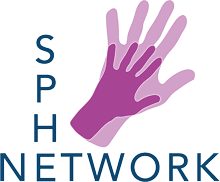Social Personal and Health Education (SPHE)
SPHE was introduced as part of the revised primary school curriculum in 1999.
The SPHE Teacher Guidelines (1999) outline that the curriculum “provides particular opportunities to foster the personal development and well-being of the child and to help him/her to create and maintain supportive relationships and become an active and responsible citizen in society” (SPHE Teacher Guidelines, 1999: 2).
SPHE incorporates key life skills education for children which can have far reaching effects on their ability to contribute positively to and cope with everyday situations in school, at home and in their communities. Self-esteem enhancement (a key underpinning principle in the SPHE curriculum) is supported in a wide range of literature. Skills development such as assertiveness and personal safety skills have garnered widespread support on foot of research on the prevalence of bullying in primary schools (e.g. Irish Health Behaviour in School-aged Children, 2006) and reports on child sexual abuse (e.g. Commission to Report into Child Abuse, 2009; Commission of Investigation into Catholic Diocese of Cloyne, 2011) in Ireland.
Children’s right to a voice is upheld in the United Nations Charter of Children’s Rights (UNCRC, 1989), while their right to equal participation in education (regardless of ability) is also enshrined in the same instrument. More recently, the NCCA consultation process on the primary school curriculum (2012: vii) highlighted top priorities around life skills, communication (including children’s voice and self-expression) and psychological well-being. In addition, the NEPS Well-being in Primary Schools Guidelines will add further impetus to the implementation of curricula such as SPHE.
The curriculum involves three strands:

The first, “Myself” addresses aspects of identity. The aim is to develop self-awareness and confidence through an exploration of emotions, safety strategies, decision-making processes, physical health, fitness and diet, and growth and development over time, including puberty and reproduction.

The second strand, “Myself and Others”, invites children to consider their social experience exploring the supportive role of family, friend and community in their lives. Skills for maintaining friendships, maintaining good communication and resolving conflicts are taught.

The third strand, “Myself and the Wider World” invites children to explore their position in the world. It involves a critical approach to media influences. It introduces children to the concept of democracy in practical ways. UN Instruments such as the Declaration on Human Rights and the Convention on the Rights of the Child are explored. Ultimately this strand invites children to the position of global citizen.
The SPHE Network
The SPHE Network was founded in 2000 by Bernie Collins (St. Patrick’s College) and Carol O’Sullivan (Mary Immaculate College). It has grown significantly since then with membership from many different organisations and groups.
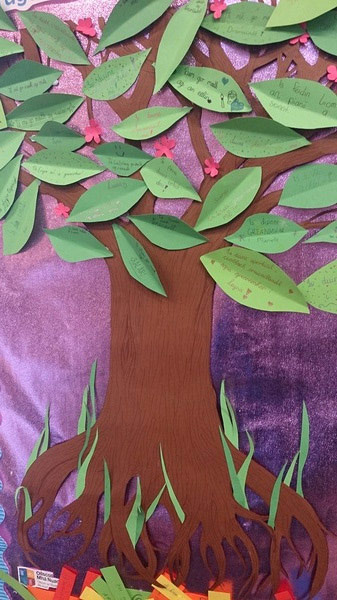
The diversity in terms of membership reflects the multiplicity and complexity of the Social, Personal and Health Education curriculum. The Network addresses many different issues relating to SPHE with a view to facilitating its ongoing development as an integral part of both the primary and post-primary curricula.
We embrace an advocacy role and endeavour to highlight issues and concerns relating to SPHE in a variety of public fora. We view SPHE as becoming increasingly important in a society where children and young people are confronted with many challenges to their health and wellbeing.
The provision of CPD to members is an important part of our agenda and we use the capacity both within the Network and externally to inform and up-skill our members. We have an active research portfolio and details of research undertaken by our members are available on this website.
We work in a spirit of partnership, co-operation and collaboration and our meetings are always well attended with lively and stimulating discussions and debate. We welcome new members and an application for membership can be found on the website.
Chairperson of the SPHE Network

Dr Barry Morrissey is principal of the Limerick School Project. Formerly an Advisor with the Professional Development Service for Teachers, Barry has a strong interest in SPHE, inclusion and special education. He has published articles on policy & practice in these areas in a number of peer-reviewed national and international journals, and has presented his research at education conferences in Ireland and abroad (including Geneva, Luxembourg, Yerevan, London and Birmingham). His main research interest is in the social side of learning and promoting sustainable, long-term societal inclusion for individuals with special educational needs. He completed his doctorate at Dublin City University on the implementation of the Stay Safe programme in special schools and was appointed Chairperson of the SPHE Network in 2022.
Treasurer of the SPHE Network
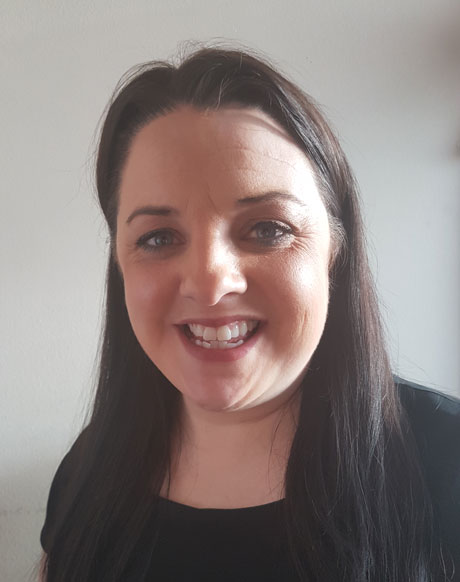
Dr Margaret Nohilly is An Assistant Professor in SPHE and Wellbeing at Mary Immaculate College (MIC). She plays a role in the development of the SPHE Network as a former chairperson and in her current role as treasurer. Margaret has co-authored a book on Wellbeing with Dr. Fionnuala Tynan: Wellbeing in
Schools Everyday: A whole-school approach to the practical implementation of Wellbeingand is a researcher in ‘Wellbeing in Covid Times’ school project with Dr. Bernie Collins and Dr. Veronica O’Toole. She has published papers in the area of wellbeing both nationally and internationally. Her other research interests include child protection and the development of SPHE, with published works in these areas also. She teaches SPHE and Wellbeing at both undergraduate and postgraduate level at MIC and co-ordinates the Professional Master of Education (PME) programme. She was appointed chairperson of the NCCA RSE/SPHE primary development group from 2020-2022.
Secretary of the SPHE Network
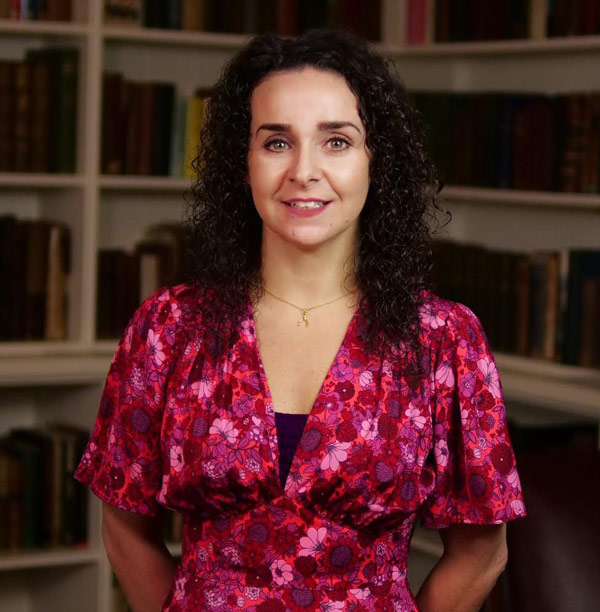
Dr Seline Keating is a lecturer in SPHE and Wellbeing in DCU Institute of Education. Her PhD research explored child development in the context of electronic media while her Masters research focused on aggression studies specifically the impact of television on aggressive behaviour. Seline is the Principal Investigator of an EU funded research project titled Gender Equality Matters (GEM): Tackling gender stereotyping, gender-based bullying and gender-based violence. She was the lead author on the Relationships and Sexuality Education (RSE) research paper for the NCCA RSE review and is currently a member of the NCCA’s SPHE/RSE Developmental Group. Seline is a Research Fellow for the National Anti-Bullying Research and Resource Centre (ABC). Her research interests include: Bullying prevention and intervention; RSE; Media education; Wellbeing; Child Protection; Children’s Rights.
